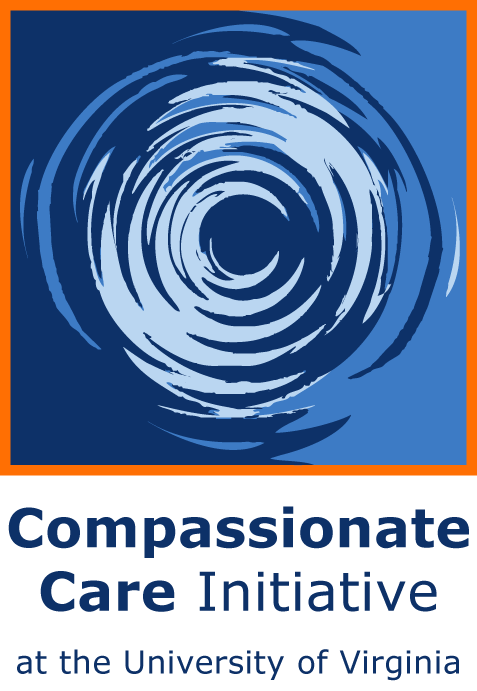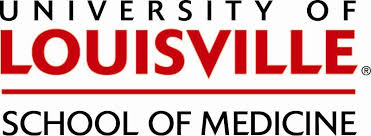Plenary Speakers
Monday, October 28
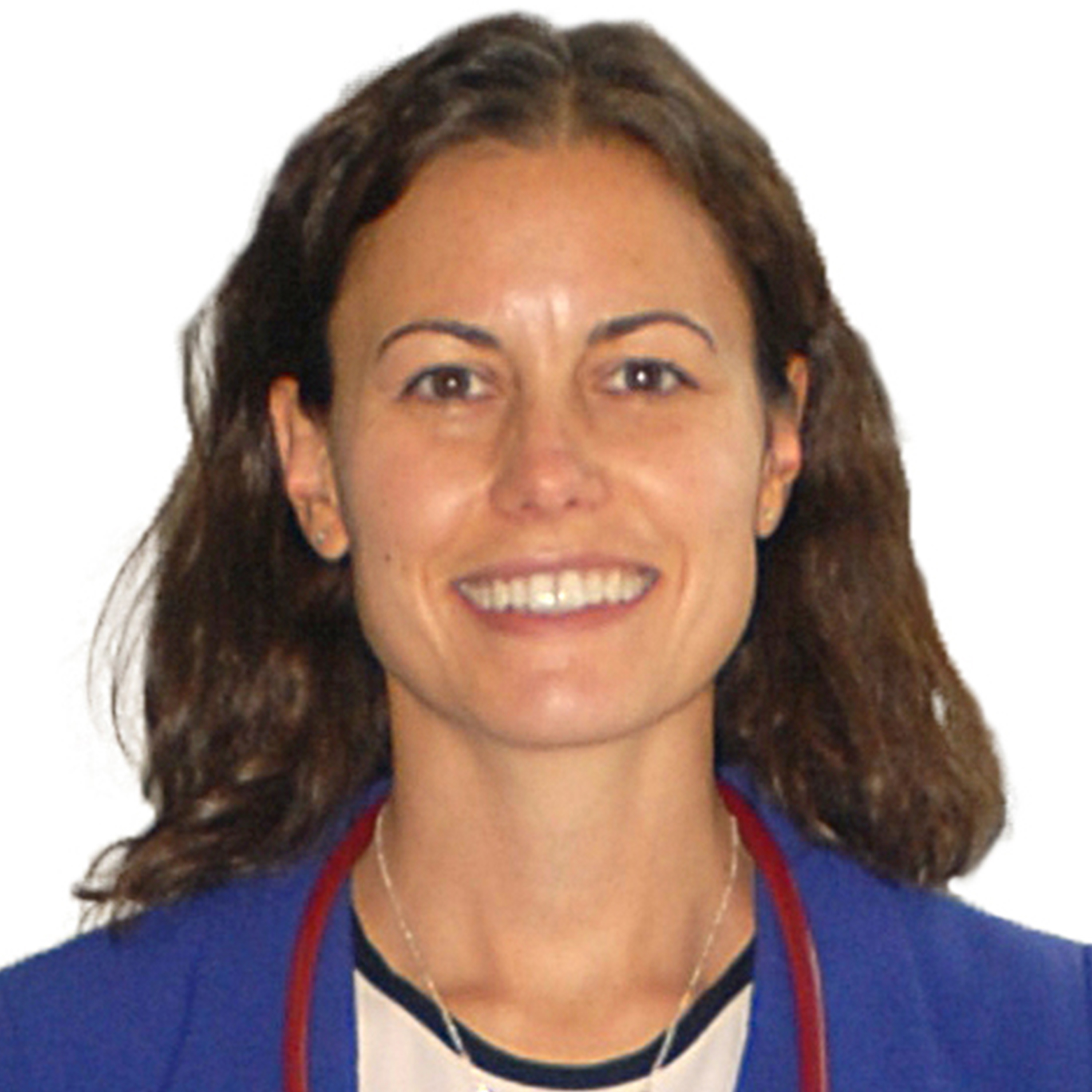
Habitats for Healers: Architectural Design for Clinicians
Diana Anderson, MD, ACHA
Evidence-based design has focused on the patient experience, but what is the impact of architecture on those delivering care? This presentation by Dr. Anderson, a physician-architect, will focus on aspects of healthcare architecture which impact the experience of delivering care and clinician well-being. Can space design help address some aspects of the burnout and moral distress experienced by providers of care? What is the role of the clinician in the healthcare architecture process? Clinicians are increasingly asking to acquire new skill-sets and knowledge in design thinking to develop novel modes of practice and models of care. Dr. Anderson explores how cross-disciplinary collaboration between the architect and the clinician provides a mechanism for positive change in healthcare.
Impact of Teaching Kitchens and Culinary Literacy on the Learning and Work Environments
David Eisenberg, MD
How we eat, move and control our thoughts and emotions impacts our health, our recuperative capacity and our well-being in the learning and work environments. These truths apply to both patients and caregivers; learners and teachers. How might hospitals, as well as medical and allied health schools of the future, be designed to improve clinician well-being and the caring for patients? How might health care environments showcase optimal food choices, and opportunities for being more mindful, in the learning and working environments? In this presentation Dr. Eisenberg will describe the emergence of “Teaching Kitchens”, which combine nutrition education, hands-on cooking instruction, mindfulness training, exercise prescription and behavioral change strategies; and, which are being used as “learning laboratories” and “de-facto translational research centers” across the US and globally.
Tuesday, October 29
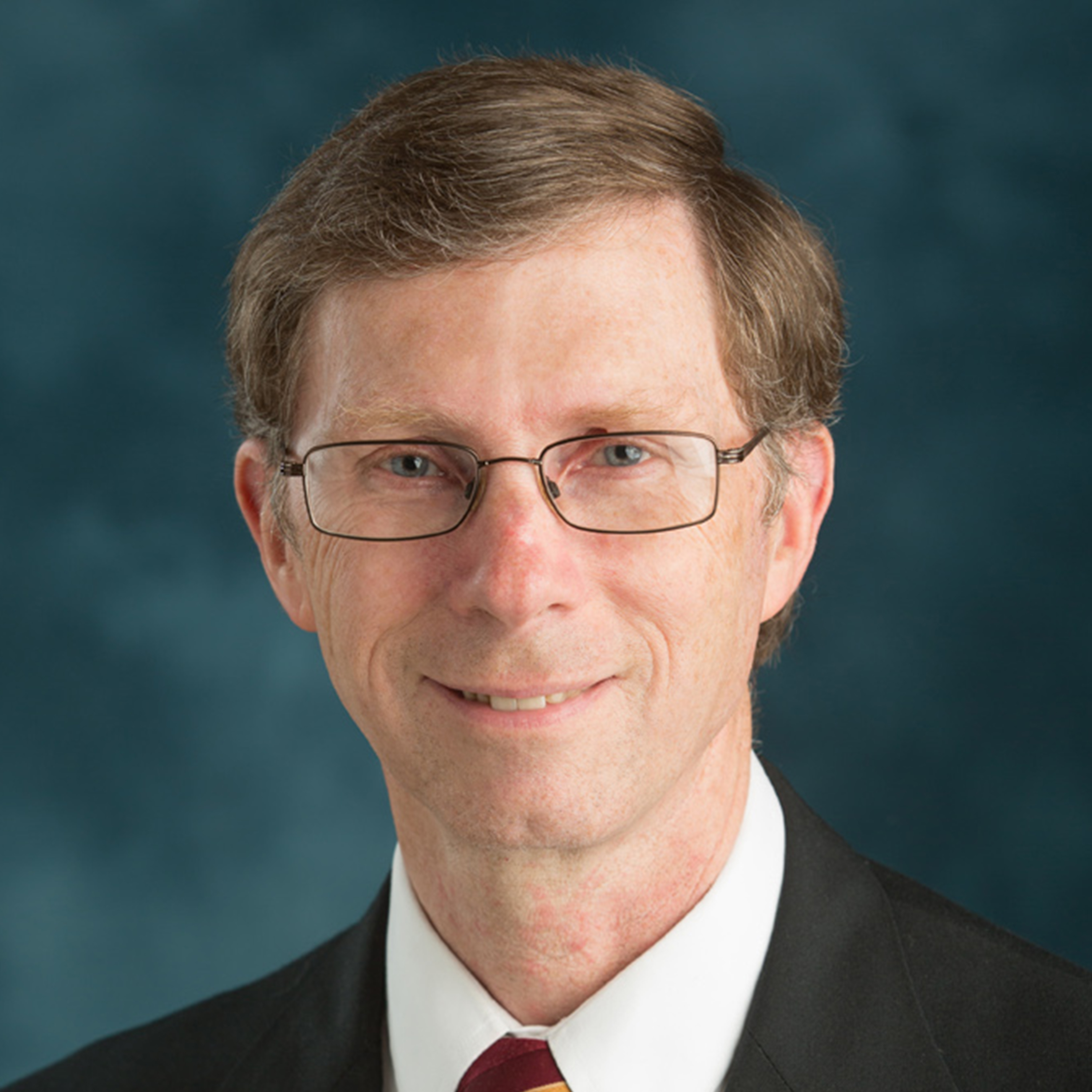
Research on the Learning Environment: The Need for Models to Guide Interventions
Larry Gruppen, PhD
Learning always takes place in a an environment, but the learning environment is often neglected – until something goes wrong. Understanding the impact of the learning environment, for good or ill, requires a conceptual framework to help make sense out of an extremely complex set of interactions among: individual learner characteristics; social engagement with other learners, faculty, and patients; institutional culture; physical space; and technological resources. This talk will summarize one framework for considering the learning environment, and describe some of the interventions that have been attempted to improve the environment.
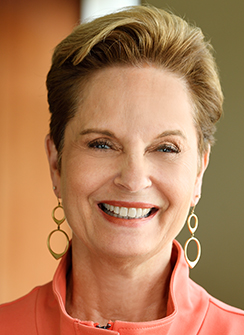
Fostering a Culture of Ethical Practice in Healthcare
Cynda Rushton, PhD, RN, FAAN
Health care organizations are exploring ways to address the deepening crisis of burnout, shortages of clinicians, and decreased work engagement. Moral suffering, particularly moral distress, has been identified as a prominent factor in burnout. Simultaneously, institutional pressures for documentation, system inequalities, and undue external pressures including regulations and legal risks, deepen the constraints on clinician integrity and undermine quality, safe healthcare. We find ourselves constantly distracted, operating in crisis mode, focusing on what is not working and thinking solutions lie in more training programs. Most often root causes are ignored and problem-solving focuses on surface level interventions that result in partial, unsustainable solutions. This session will explore a method for aligning individual and organizational values, recognizing patterns that create the problems in the first place, creating alternatives, and designing solutions that leverage creativity and wisdom to shift culture.
Wednesday, October 30
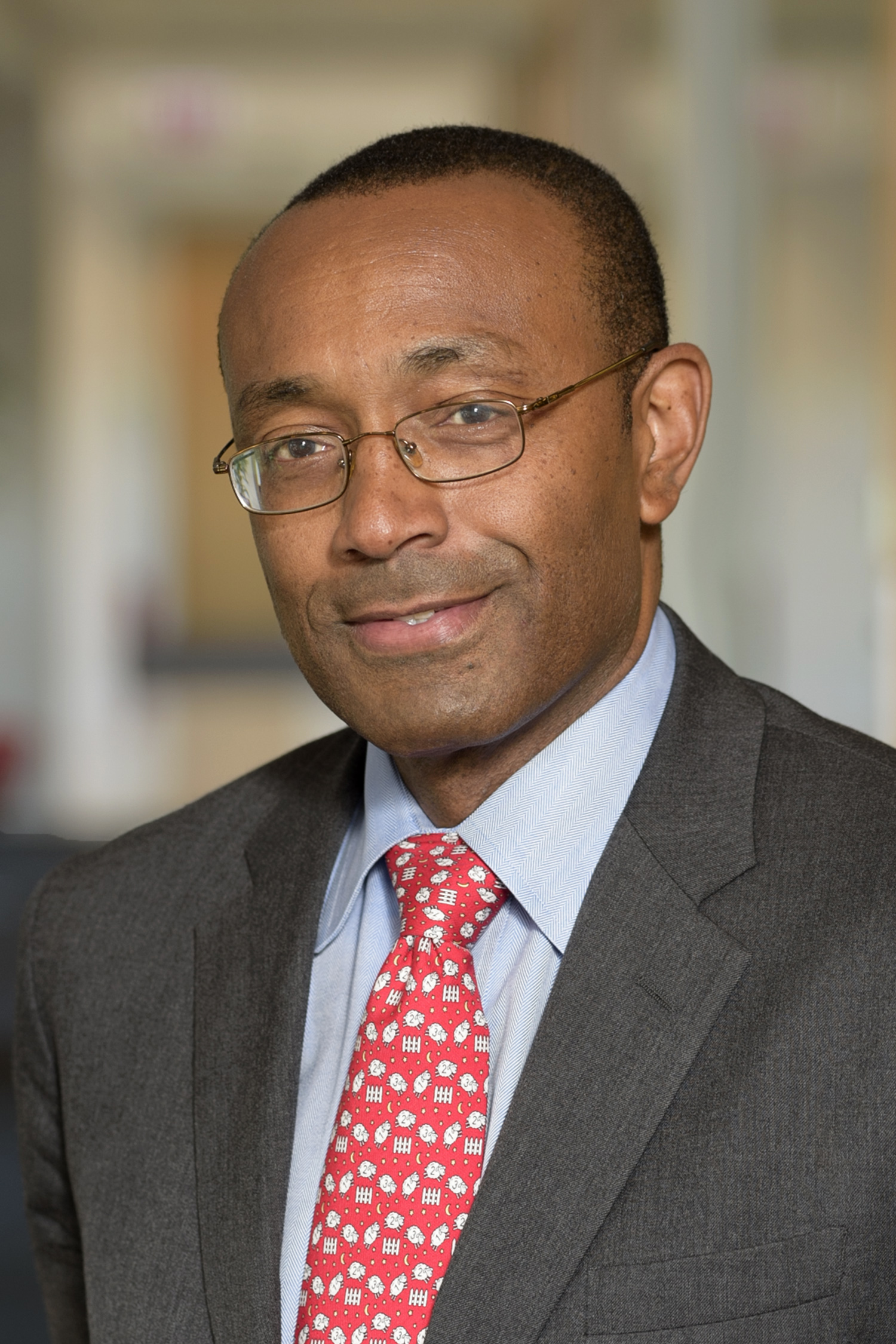
Impact of Bias, Harassment and Bullying on the Learning and Work Environments
William McDade, MD, PhD
Graduate Medical Education has been faced with issues of harassment and discrimination and the Accreditation Council for Graduate Medical Education (ACGME), as of 1 July 2019, enacted changes to its common program requirements that require programs and sponsoring institutions to provide a clinical learning environment that is free from discrimination, sexual and other forms of harassment, mistreatment, abuse or coercion of students, residents, faculty and staff. This change harkens a new role for the ACGME as it pertains to the individual resident as complainant and the potential trigger for a CPR violation. How programs respond and how the ACGME will assess for compliance in this new area for GME accreditation will be important because an inhospitable learning and work environment is linked to wellbeing issues of learners and faculty and may contribute to disparate attrition rates in medical education. This presentation will use illustrative cases to discuss the mechanism of reporting violations of common program requirements, the possible outcomes of an accreditation violation, what programs can do to comply with the requirement when an event occurs; and, the implications, from a well-being perspective, of what happens to the learner in a poorly inclusive or hostile work environment.
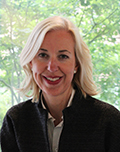
Caring for the Emotional Health of Learners and Faculty
Sydney Ey, PhD
In the face of high rates of burnout, distress, and suicide risk among medical trainees and physicians, access to comprehensive mental health treatment is critical and now required by ACGME-accredited programs. Different models of treatment exist but physicians, especially during training years, report barriers to receiving care. An on-site program Oregon Health & Sciences University (OHSU) was designed to lower these barriers and promote help-seeking of residents, fellows, and faculty through outreach, consultation with leaders, and referrals from peers. High utilization of the OHSU Resident and Faculty Wellness Program (34% of all residents/fellows; 6.5% of faculty annually) suggests that this model of care is seen as accessible and helpful. Key components of a wellness and suicide prevention program and lessons learned over fifteen years of providing care to medical trainees and faculty will be presented.
Closing Plenary PANEL
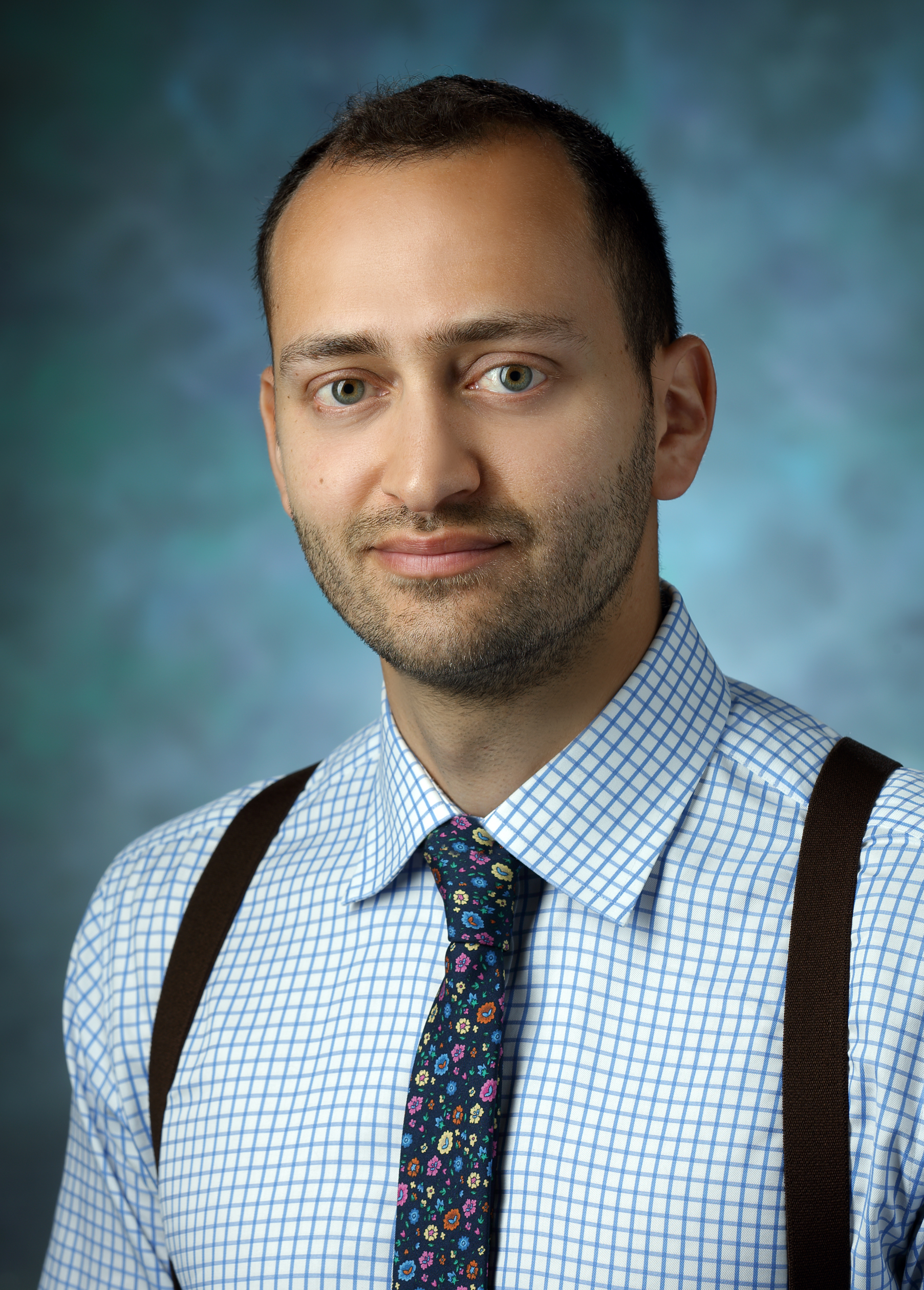
ModeratorDaniel Marchalik, MD, MAMedical Director for Physician Well-being MedStar Health, Washington, DC Daniel Marchalik, MD MA is the Medical Director for Physician Well-being at MedStar Health. He is the Director of the Literature and Medicine Track and the co-chair the Committee on Medical Student Well-being at the Georgetown University School of Medicine. |
Heather Farley, MD, MHCDS, FACEPChief Wellness Officer Christiana Care Health System, Newark, DE As Chief Wellness Officer for Christiana Care Health System in Newark, DE, Dr Farley’s focus is on advancing the professional fulfillment and wellbeing of healthcare providers. She leads advocacy programs and initiatives aimed at optimizing the caregiver experience and fostering an organizational culture of wellbeing. Her mission is to restore joy and meaning in work for healthcare providers.
Dr. Farley completed residency training in emergency medicine in 2005, fellowship training in administration in 2006, and earned her Masters of Health Care Delivery Science from Dartmouth College in 2018. She has previously served as the Assistant Chair of the Department of Emergency Medicine at Christiana Care and was instrumental in establishing the institution’s first freestanding emergency department in 2013, subsequently serving as the medical director for 3 years. In 2014, she developed “Care for the Caregiver” one of the nation’s earliest and largest peer support programs for health care providers.
Dr. Farley is an Associate Professor of Emergency Medicine at Sidney Kimmel Medical College at Thomas Jefferson University. She has held several leadership positions within the American College of Emergency Physicians on the state and national level. She has co-authored multiple peer-reviewed journal articles and has been the principal or co-investigator in 10 grant-funded studies. She frequently speaks at local, national and international venues with the goal of mutual sharing of best practices and innovations in the field of clinician wellbeing. Dr. Farley continues to practice and teach emergency medicine in one of the busiest emergency departments in the country |
David Rogers, MD, MHPE, FACS, FAAPUAB Medicine Chief Wellness Officer University of Alabama at Birmingham School of Medicine, Birmingham, AL Dr. David A. Rogers is a professor in the Departments of Surgery, with secondary appointments in the Departments of Medical Education and Pediatrics and an adjunct appointment in the Collat School of Business. He has served as the Senior Associate Dean of Faculty Affairs and Professional Development at the School of Medicine since 2012 and in this role serves as the co-director of the UAB Healthcare Leadership Academy. He was named the UAB Medicine Chief Wellness Officer and was appointed to the ProAssurance Chair of Physician Wellness in 2018.
Dr. Rogers received his medical degree from the University of South Florida and completed his general surgery training at the Medical College of Georgia. He subsequently completed his pediatric general surgery training at the University of Tennessee and a pediatric surgery oncology fellowship at St. Jude Children's Research Hospital. He received a Master of Health Professions Education degree (MHPE) from the University of Illinois at Chicago and completed the Surgical Education Research Fellowship program sponsored by the Association for Surgical Education.
Before he began his administrative leadership roles, Dr. Rogers led an active research program in surgical education and served as a surgery clerkship director. He continues to be involved in surgical education by serving as a faculty member of the American College of Surgeon’s as Educators Course and is the Course Chair of the American College of Surgeon’s Residents as Teachers and Leaders program. He also serves as a co-director of the Association for Surgical Education Surgical Education Research Fellowship. A recipient of numerous departmental and institutional teaching awards, Dr. Rogers is a 2012 recipient of an Association for Surgical Education Distinguished Educator Award. |
Susannah Rowe, MD, MPHAssociate Chief Medical Officer for Wellness and Professional Vitality Boston Medical Center, Boston, MA Dr. Susannah Rowe serves as Associate Chief Medical Officer for Wellness and Professional Vitality, and as President of the Medical Dental Staff at Boston Medical Center. Dr. Rowe also serves on the Massachusetts Medical Society/Massachusetts Hospital Association Joint Task Force on Physician Burnout, and on the Scientific Advisory Board of the Physician Wellness Academic Consortium. As an Assistant Professor of Ophthalmology at Boston University School of Medicine, Dr. Rowe maintains an active clinical practice with a special interest in surgical eye care for people with intellectual disability or mental illness, and on training the next generation of ophthalmic surgeons. |

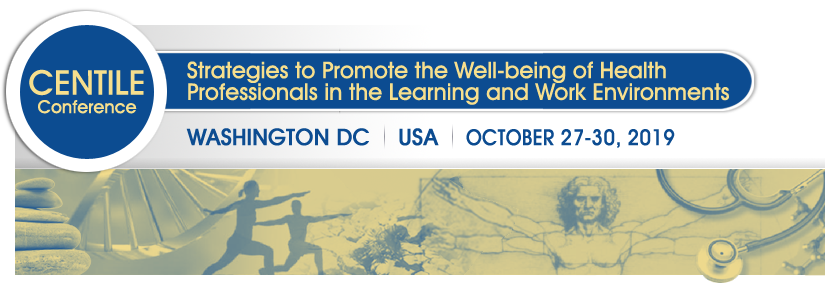


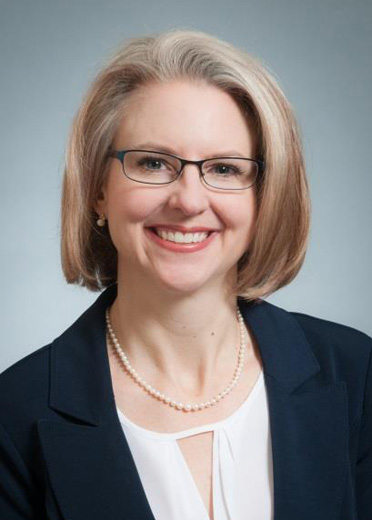
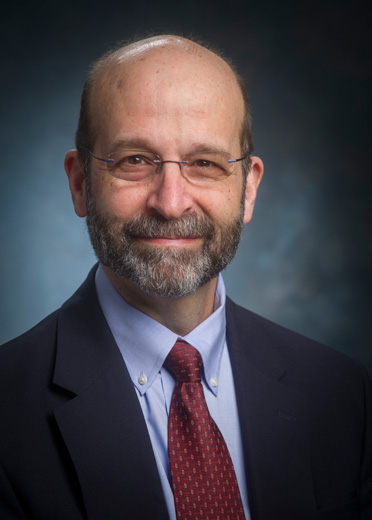
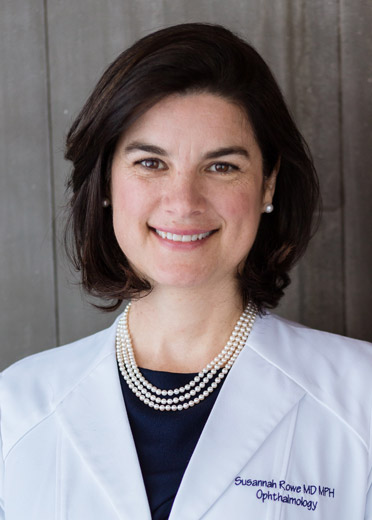

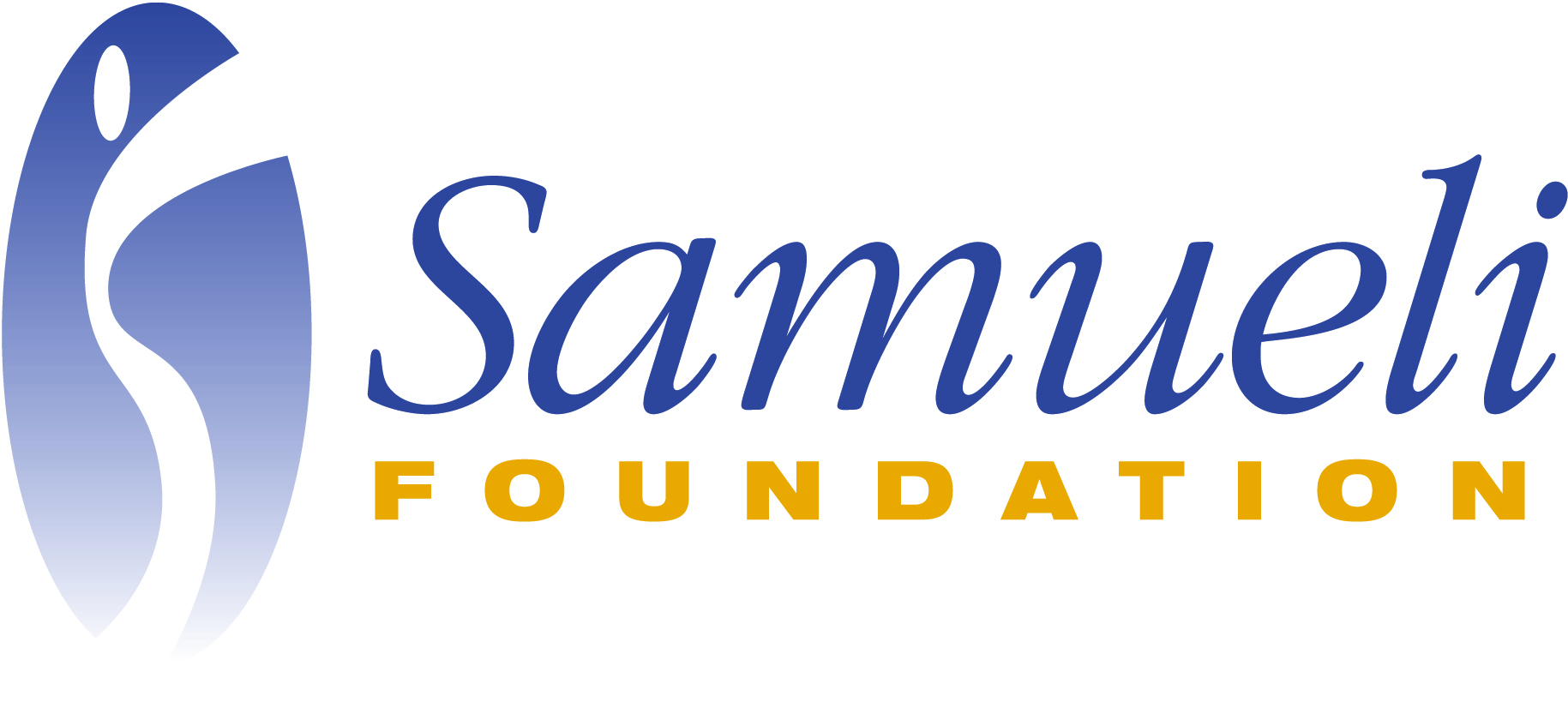
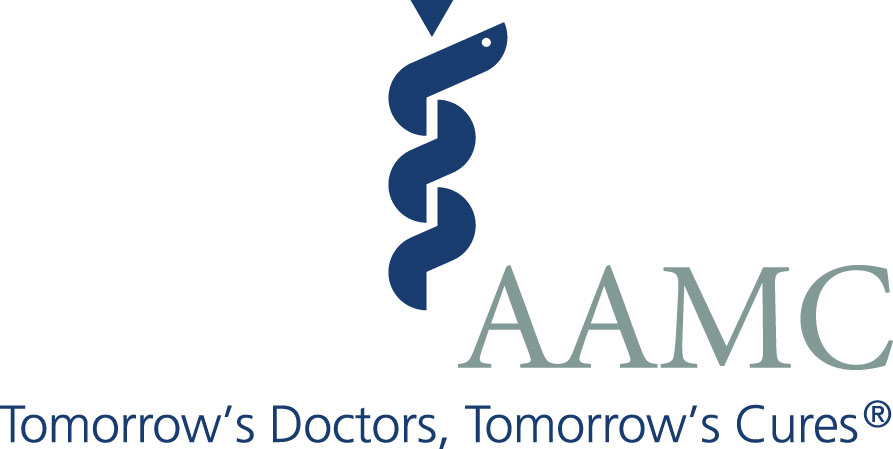
_1.png)
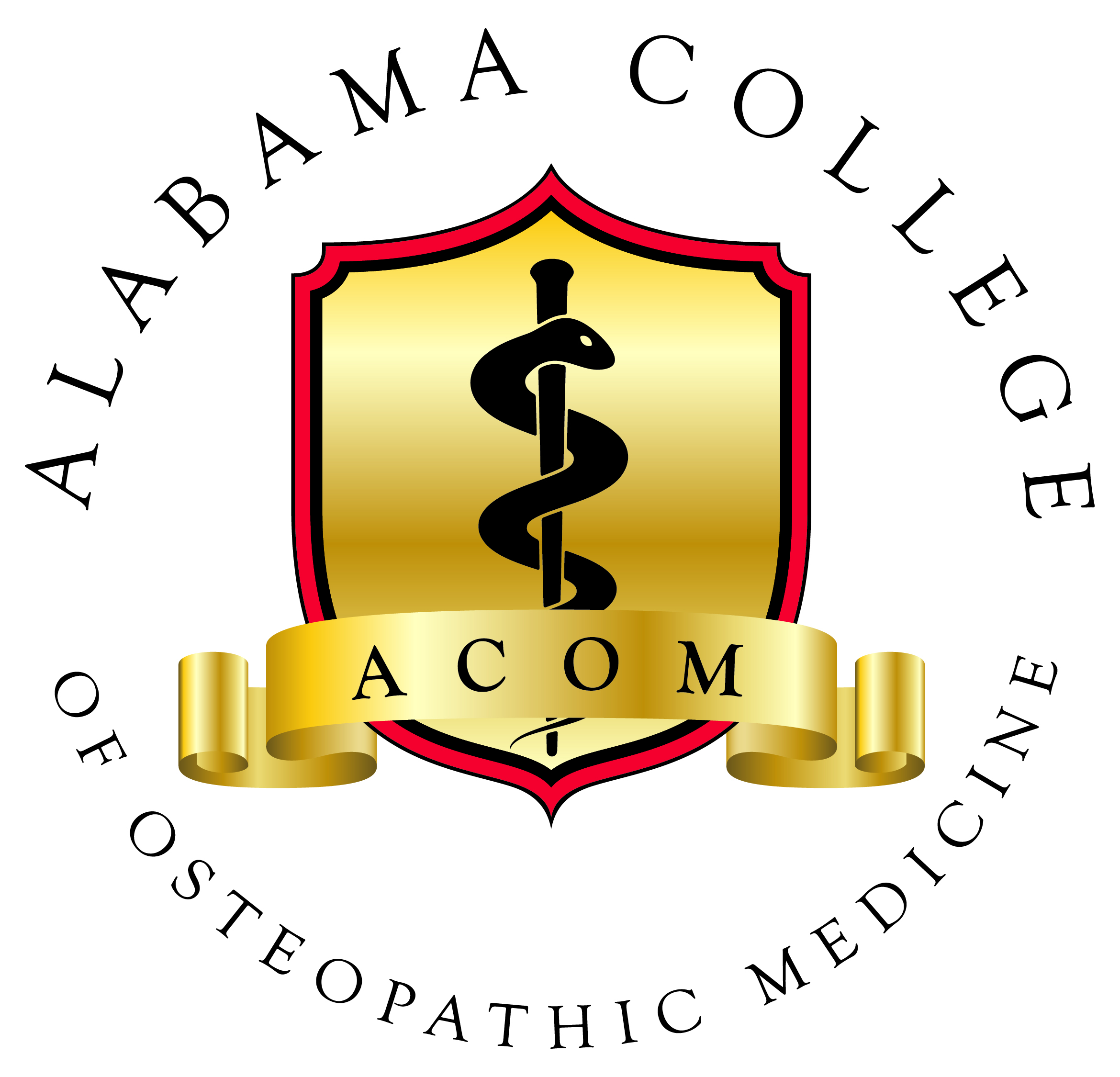
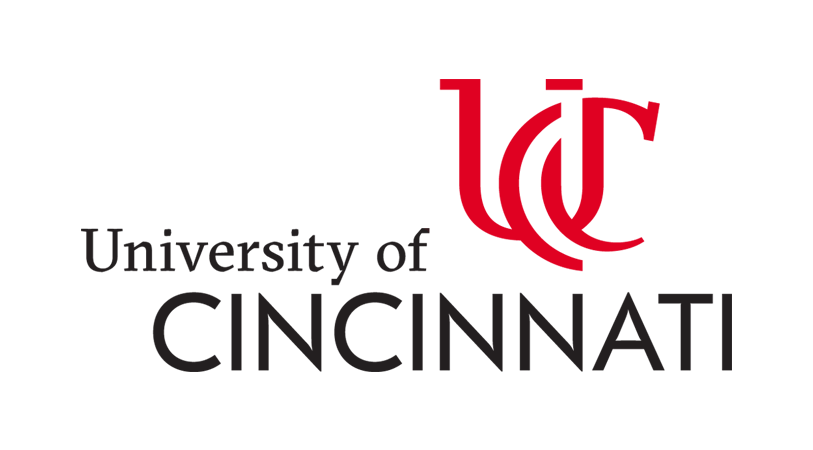
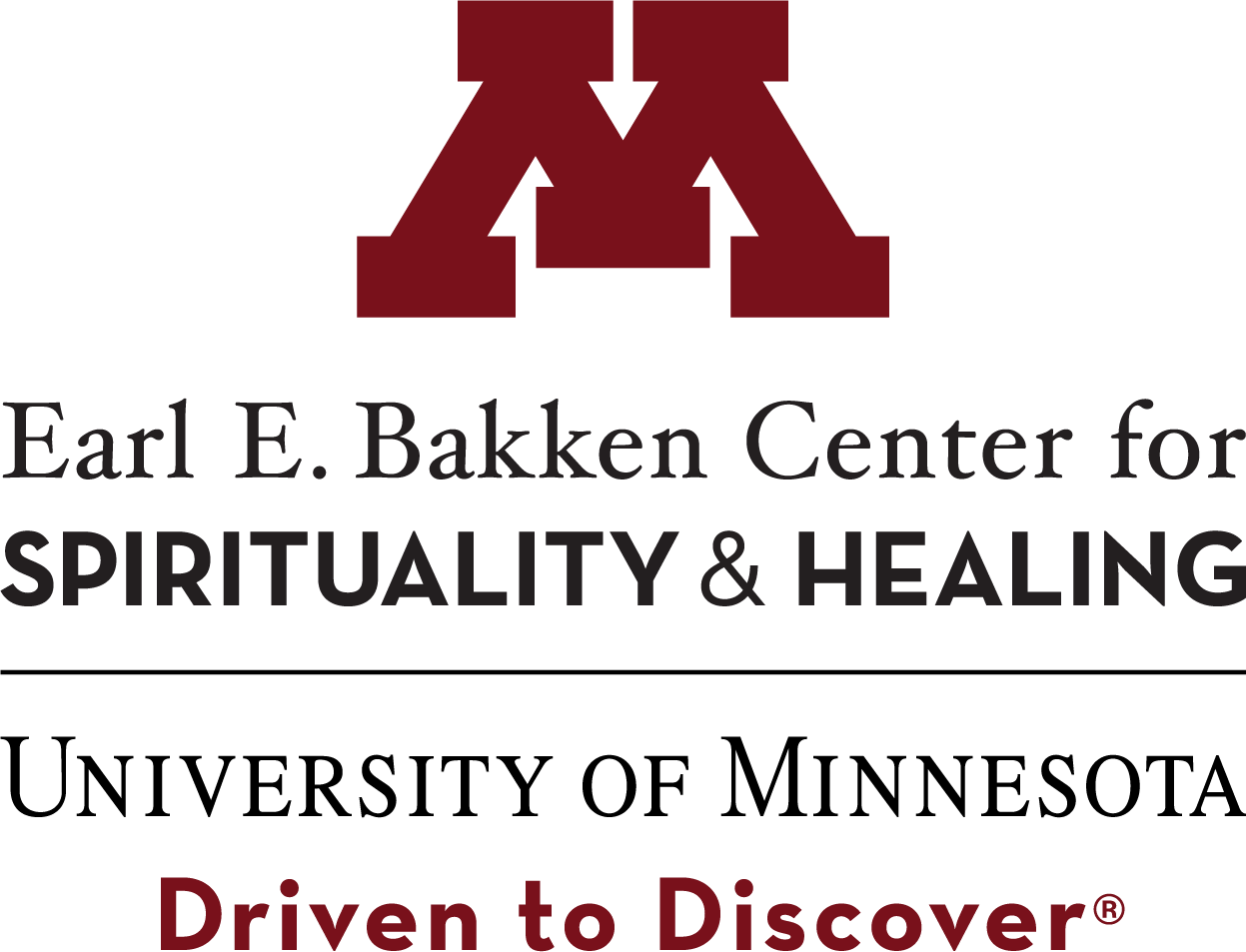
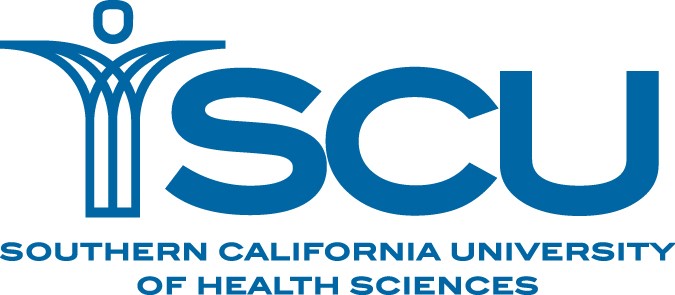
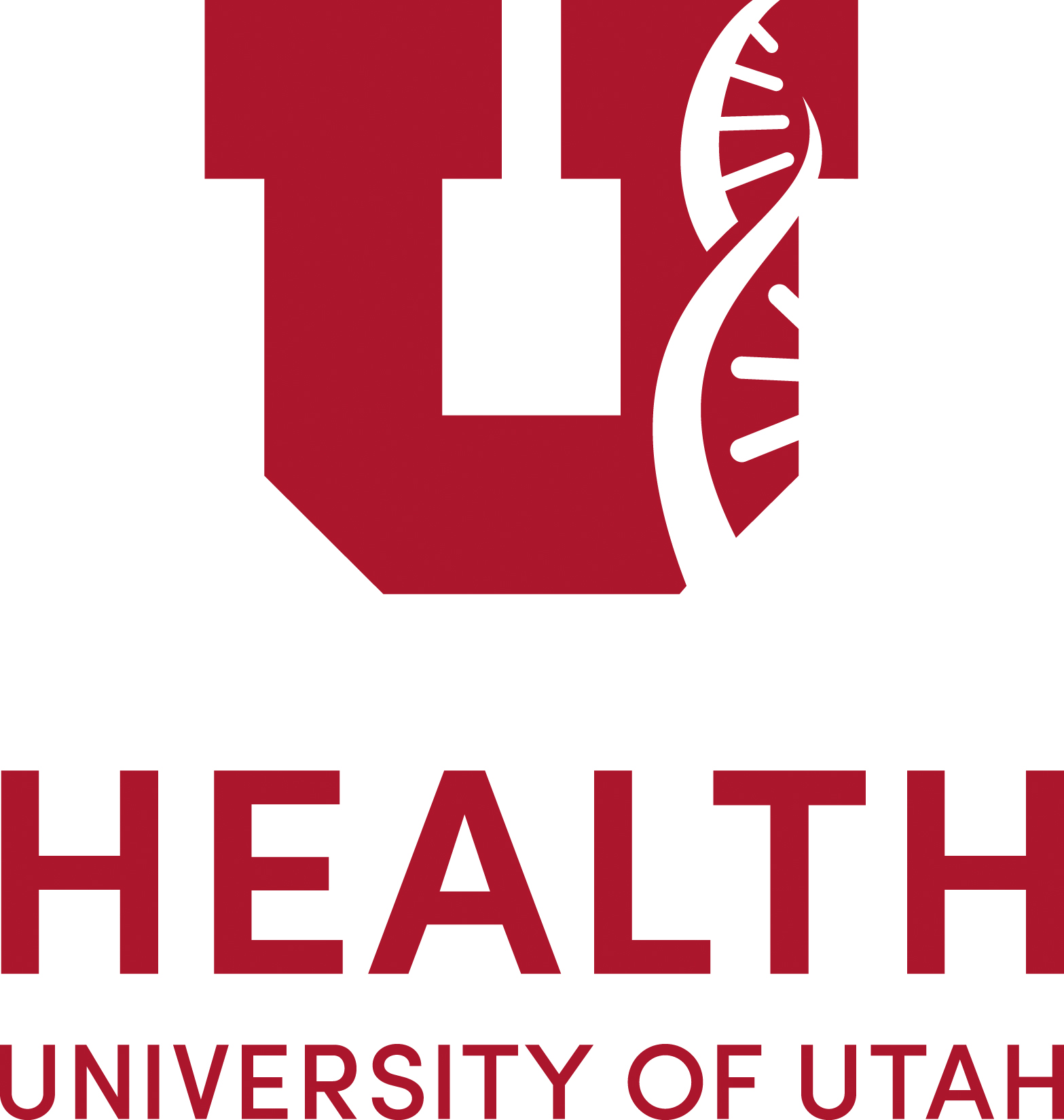

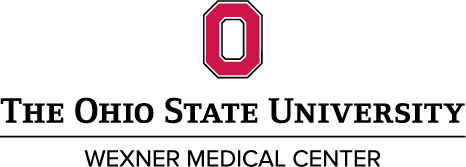

.png)
